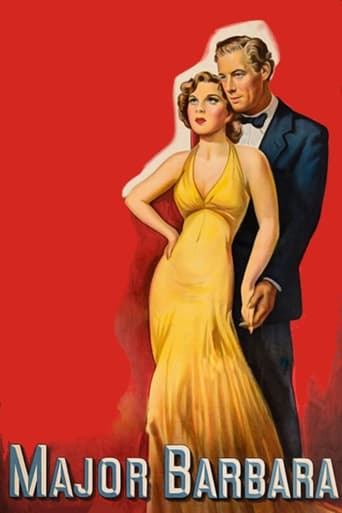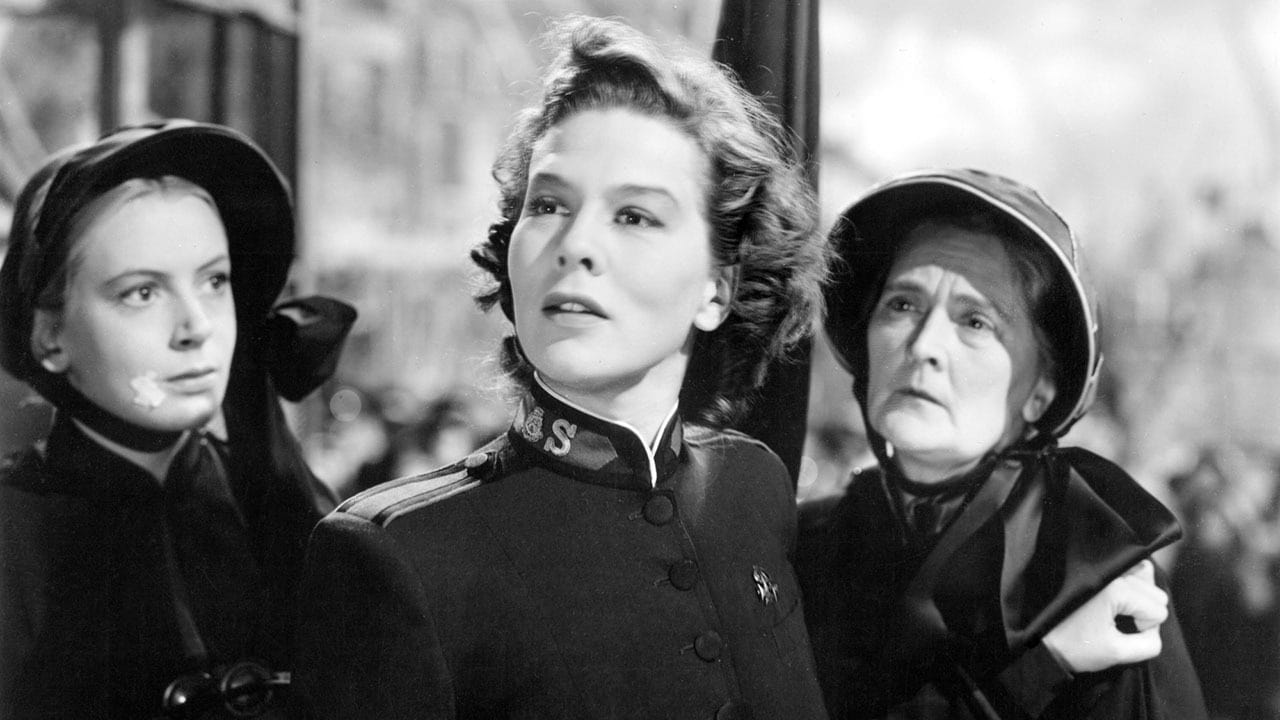aramis-112-804880
Once I asked my Sunday School class (Disciples of Christ) about an article I read about mob money given to some churches. Some of my class said however the money was earned (if "earned" is the term for mob money) it could be used for good. Then I asked what would they think if the KKK gave the same amount, and wanted it known. More demurred, though some made the argument that money itself is neither good nor evil, and it was still a good irony to take money earned from evil and turn it to good works and helping people. By rejecting it one might be taking food from the mouths of those who are in need (ours is a sharing church, not a builder of Crystal Cathedrals).Being the teacher and therefore moderator I took no part in the discussion; and it's just as well because I don't know what to think. Both sides made very good, but not altogether, persuasive arguments and I still have no opinion on the matter.This is more or less the theme of Shaw's play, written in 1905 and filmed in 1941, at the height of the Blitz, with an excellent cast. Wendy Hiller is good as the woman who loves saving souls in the Salvation Army, but who has a crisis of faith when her father, a wealthy industrialist, offers the Salvation Army fifty thousand pounds and, over her objections, accepts it.But when Barbara resigns her commission in the Salvation Army, is it pride, or her own problems with her father? Or is money really "tainted" just because it's earned from selling munitions? After all, munitions don't kill people, people kill people. (and, personally, as a capitalist I believe in earned money)The fact that he is a munitions maker is immaterial. Shaw was a Socialist and despised capital, despite the fact that the twentieth century that stretched 95 years after the play was written proved capitalism knows how to create jobs and lift the living standards of the poor but Socialism only knows how to lower all standards to equal squalor.The rest of the cast is uniformly excellent. Young professional Shavian Rex Harrison is good, and has a moment of brilliance when he's trying to pass through a trombone section of the Army. Robert Morley is a bit disappointing (I'm afraid I was expecting the arrogant Robert Morley, but he's just as good playing a pleasant-natured old munitions maker--in his thirties). The other major Robert in the cast, Newton, is his usual self, wonderfully hammy. Other familiar faces to American audiences will be Miles Malleson and Deborah Kerr, looking lovely in a very early role.Also in the credits are rising David Lean, as "assistant to the director." Curiously, Ronald Neame replaced Freddie Young as cameraman, since young would go on to have amazing success working with David Lean on his later epics.Like all Shaw's plays, it's talky. Not talky in the overly clever way of Wilde. More philosophically-talky,and eventually pedantry. And, as usual, Shaw stacks the deck in his own favor.Just as does criticism of this movie as "pro-war" or "anti-war." No one is "pro-war," but more open-minded people realize its necessity (as did American Presidents Wilson, FDR, JFK, LBJ, WJC, and BO, all of whom waged it at one time or another).Shaw is never very relevant to an American audience, since Americans never came from a caste-ridden society. And Shaw is a lot of talk, talk, talk. But if you can avoid Shaw's wicked sleight of hand, there are some good momens here, though lots of it is dull. And Shaw seems to have forgotten the Christian adage, "Money is the root of all evil," but is not evil in itself, nor are any THINGS, but from the hearts of men.
MartinHafer
This is from a play by George Bernard Shaw. Now I know that Shaw is like a god to some, but I didn't particularly like this film. I found it to be immensely talky and a bit dull. I know that makes me a peon, but I just thought everyone talked way too much and it all felt very stagy--too stagy for a movie. And, even the talents of Wendy Hiller, Rex Harrison (wow, did he talk and overact here) and Robert Morley aren't enough to make this one interesting.Major Barbara is the title given to the daughter of a rich industrialist. She's in the Salvation Army and loves the life--and talks about it so endlessly you want to slap her. Then, inexplicably, she loses her faith very quickly and in the end comes to embrace the life of a man who is an executive in a munitions factory. There's a bit that happens in between and frankly it lost me because of its style. I could tell it was all meant to be immensely clever--yet none of it seemed very real or interesting. Sorry, but I guess I am a lout for not loving this film.
Martin Bradley
GBS's great play of war, commerce and religion filmed, as if on the stage, by Gabriel Pascal; (it's at its least effective in the scenes where he 'opens it up'). So what we have, fundamentally, is filmed theater, a rendition on celluloid of a 'performance', much in the same way that Anthony Asquith's version of "The Importance of Being Earnest" was filmed theater, although this is in no way as definitive as that was. Still, what's to complain about when the cast includes Wendy Hiller's high-minded, free-spirited Major Barbara; Rex Harrison's cavalier 'Dolly', oscillating between cynicism and idealism; Robert Morley's unctuous Undershaft, too young for the part but carrying it off splendidly and in support the likes of Robert Newton,Marie Lohr, Sybil Thorndike, Emlyn Williams and Kathleen Harrison. There is even a young Deborah Kerr for star spotters. Of course, as it stands, it may appear something of a dinosaur, both as play and film and some of the speeches have the tone of pamphleteering but it's also very funny and often highly entertaining and one is glad Pascal had the temerity to make it in the first place.
the_old_roman
Robert Morley as Andrew Underschaft must be seen to be believed. He is incomparated. Wendy Hiller as his high-spirited, free-thinking, and self-righteous daughter is equally magnificent. Rex Harrison gives them both a run for their money as the swain whose fallen for Barbara. Robert Newton, David Tree, and Deborah Kerr are also terrific in small roles. There are so many double and triple entendres this one will keep your mind swirling for weeks after you've seen it. It is completely enjoyable and universal.


 AD
AD


